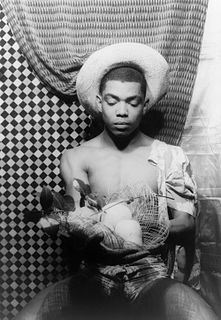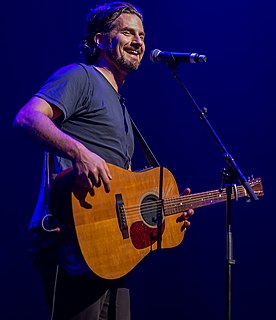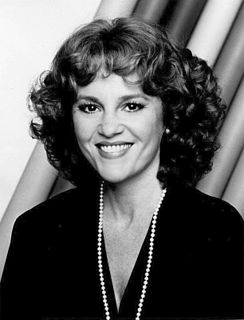A Quote by David Coverdale
The audience will make you feel like a demigod. But when you leave the stage, get back to being human.
Related Quotes
No wonder all the great comedians had such destructive private lives. ... After you get the audience into that kind of frenzy, and you are being worshiped like the false idol you are, how do you leave the stage and transition back into real life? ... What is there left to do but set yourself on fire?
I always like to break out and address the audience. In 'The History Boys', for instance, without any ado, the boys will suddenly turn and talk to the audience and then go back into the action. I find it more adventurous doing it in prose than on the stage, but I like being able to make the reader suddenly sit up.
Every lecture should state one main point and repeat it over and over, like a theme with variations. An audience is like a herd of cows, moving slowly in the direction they are being driven towards. If we make one point, we have a good chance that the audience will take the right direction; if we make several points, then the cows will scatter all over the field. The audience will lose interest and everyone will go back to the thoughts they interrupted in order to come to our lecture.
The one thing that I love about the live audience is the energy level. Like, from the minute of cast introductions, it's just constant energy being traded back and forth. When you do something funny, the audience laughs; when you're being serious, you can, like, feel the tension going through the audience.
I deal with the depraved, the sick, the pathetic, the disturbing and the profoundly depressed. I will try it all on. I will try on what I am and what I never want to be. And everything I wanted to be, but never can be. I can be a supermodel, or your worst nightmare. Off-stage, I just get to leave it, and nobody thinks I'm like that. This is what prevents me from being a psychopath and a sociopath, my time on stage.
I have this problem where I get incredibly, miserably nervous every single show. This is part of why touring is so exhausting for me. I have not gotten to a place where it's like, "All right, here's another." It just doesn't feel workaday, at all, yet. It's kind of killing me, being so nervous so many hours of the day. After the show - we try to end on an anthemic note, and I try and let that be decisive, and I will often come back out for an encore a cappella, and that's where I try and take leave from the feelings of the stage. Trying, after I do that, to return to my life.
Listen to the stage manager and get on stage when they tell you to. No one has time for the rock star bullshit. None of the techs backstage care if you're David Bowie or the milkman. When you act like a jerk, they are completely unimpressed with the infantile display that you might think comes with your dubious status. They were there hours before you building the stage, and they will be there hours after you leave tearing it down. They should get your salary, and you should get theirs.


































